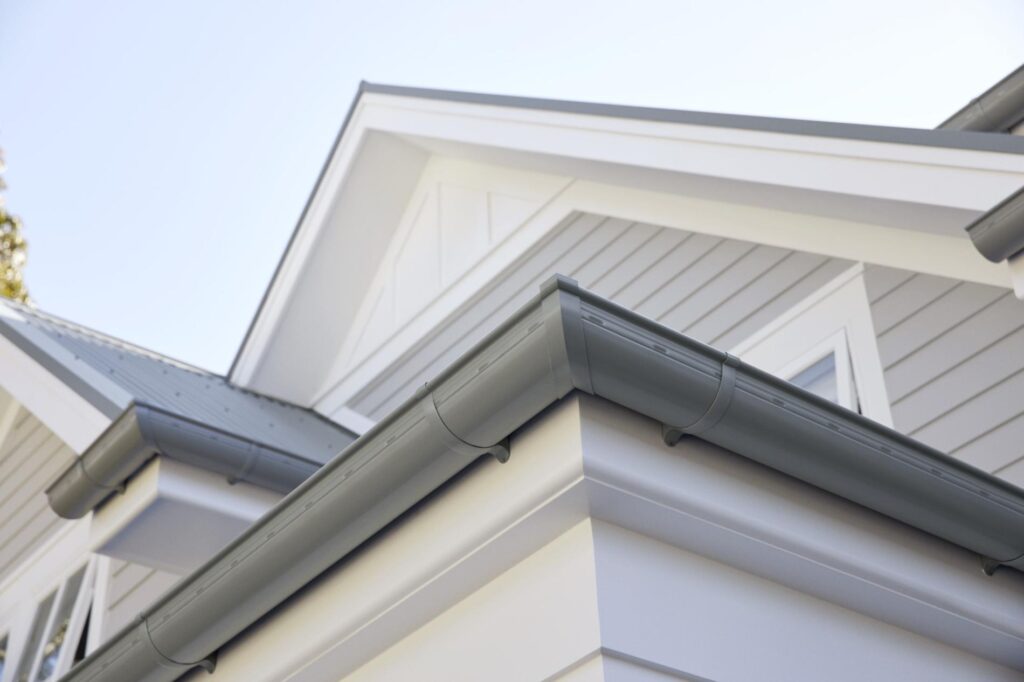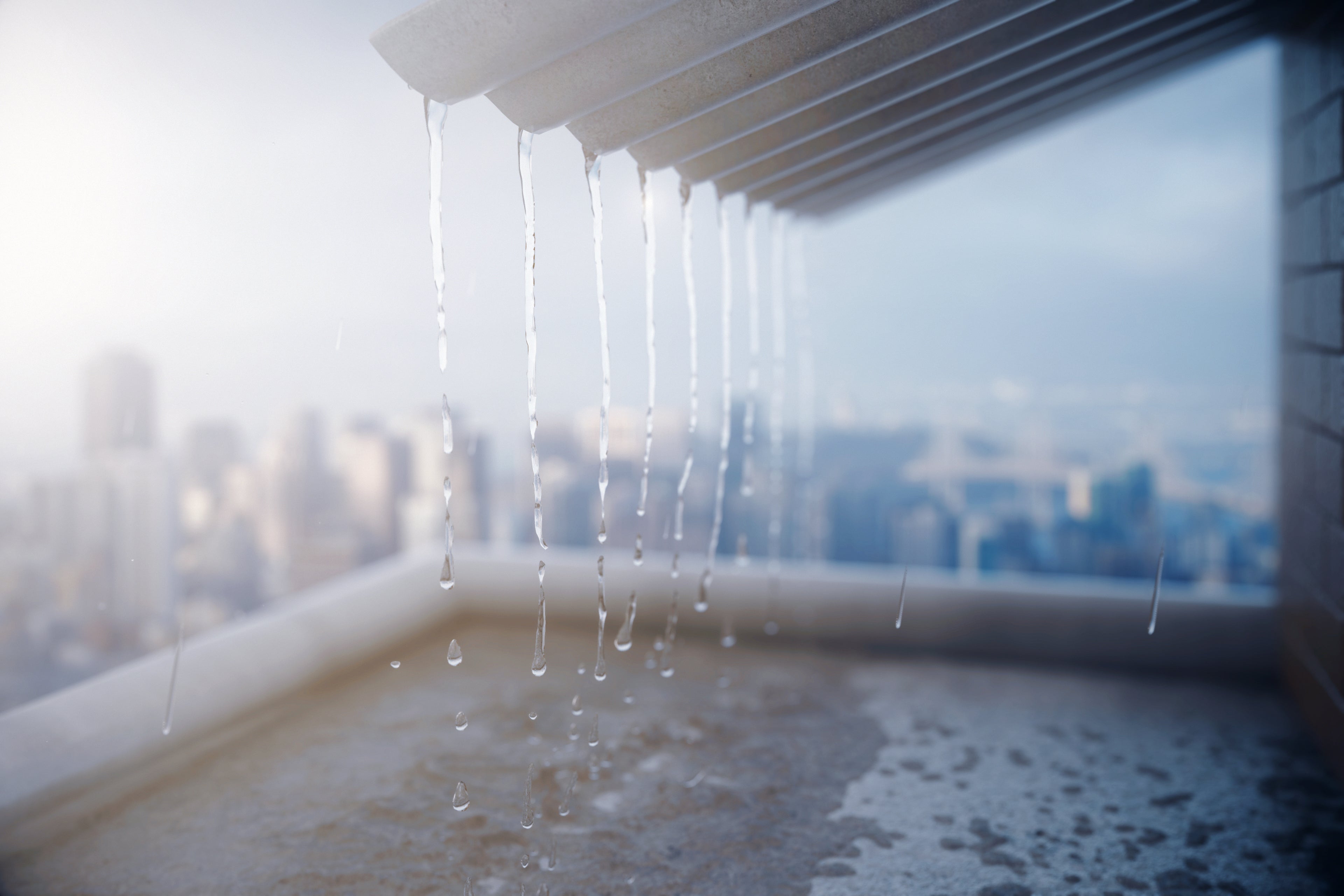
Choose Arkus for Your Plumbing & Roofing Drainage Supplies
At Arkus Industries, we manufacture all rainwater heads, sumps, and box gutters locally, giving you complete confidence in the quality and consistency of every product. Our custom fabrication service means your order is built to the exact dimensions, capacity, and material you need — whether that’s Colorbond®, stainless steel, aluminium, galvanised steel, or Zincalume®. We understand the demands of plumbing and roofing projects, which is why we offer fast turnaround times, competitive trade pricing, and a friendly, knowledgeable team who can help you choose the right solution for your job.
Trusted by Canberra Plumbers
Arkus Has You Covered
At Arkus Industries, we specialise in designing and manufacturing custom rainwater heads, sumps, and box gutters for residential, commercial, and industrial roofing projects. All products are manufactured locally in our Canberra workshop from premium materials including Colorbond®, stainless steel, aluminium, galvanised steel, and Zincalume®.
Our metal roofing drainage solutions are built for durability, corrosion resistance, and long-term performance in Australian conditions. Whether you need standard sizes or custom-fabricated rainwater heads, box gutters, or sumps to match architectural specifications, our trade-trusted products are precision-made for reliable water flow and compliance with plumbing and roofing standards. Backed by a skilled fabrication team and fast turnaround times, Arkus delivers quality metalwork that keeps your roofing projects on schedule and built to last.
-
Drip Trays & Pipe Covers
Protect your installations from leaks and everyday wear.
Why install them?
Drip trays catch unwanted leaks and prevent water damage to cabinetry, flooring, or internal wall linings—especially in indoor or concealed pipe areas. Pipe covers provide a clean finish, protect against UV and physical damage, and ensure your installs meet aesthetic and safety expectations.✅ Pros:
- Reduces risk of water damage
- Helps with leak detection
- Maintains a clean, professional appearance
- Adds a layer of protection for exposed pipework
❌ Cons of skipping them:
- Hidden leaks can lead to structural damage and expensive repairs
- Untidy or exposed pipework can result in customer complaints or failed inspections
- Unprotected pipes are more prone to corrosion
-
Button Plates & Gutter Connections
Deliver a seamless finish with strong, reliable materials.
Why install them?
These components provide clean, weatherproof junctions between different parts of your guttering system, minimising leak risks and ensuring your install looks as good as it performs.✅ Pros:
- Prevents leaks at joints and connections
- Enhances system durability and strength
- Improves the finished appearance of your install
- Makes future maintenance easier
❌ Cons of skipping them:
- Poorly joined guttering can lead to leaks and water ingress
- Reduced structural integrity in your rainwater system
- Risk of callbacks due to poor finish or performance
-
Downpipes & Rainwater Heads
Handle heavy rainfall and protect your property’s foundations.
Why install them?
Efficient water flow is critical for any roofing system. Our downpipes and rainwater heads are designed to handle high flow, reduce blockages, and direct water away from vulnerable areas—protecting buildings from long-term water damage.✅ Pros:
- Handles heavy rainfall and stormwater effectively
- Prevents pooling and erosion near foundations
- Reduces risk of internal water ingress
- Available in a range of sizes and profiles
❌ Cons of skipping them:
- Overflowing gutters can cause roof leaks or fascia damage
- Pooling water can lead to foundation movement or mould issues
- Inadequate drainage may violate building codes
-
Sumps & Leaf Eaters
Keep drainage systems clear and prevent costly blockages.
Why install them?
Sumps help collect sediment and debris before it enters stormwater systems, while leaf eaters stop leaves and organic matter from clogging your downpipes and underground drains.✅ Pros:
- Keeps stormwater drainage systems flowing freely
- Reduces the need for frequent maintenance
- Prevents water backing up into gutters
- Helps meet stormwater compliance
❌ Cons of skipping them:
- Blockages can cause system overflows and property damage
- Increased maintenance time and costs
- Greater chance of pest and insect infestations
-
Gutter Guards & Downpipe Protectors
Low-maintenance solutions that keep your gutters performing.
Why install them?
Gutter guards prevent debris build-up, keeping water flowing freely and reducing the need for regular gutter cleaning. Downpipe protectors shield your downpipes from physical damage—particularly in high-traffic areas or around machinery.✅ Pros:
- Minimises cleaning and maintenance time
- Extends the lifespan of your guttering system
- Prevents blockages and overflows
- Protects downpipes from dents and dislodgement
❌ Cons of skipping them:
- Frequent clogs can damage gutter systems and roofing
- Manual cleaning becomes necessary and time-consuming
- Risk of impact damage or accidental disconnection
-
Tap Protectors & Checkerplate Manhole Covers
Durable, secure, and built for tough conditions.
Why install them?
Tap protectors shield taps from knocks, vandalism, and weather, making them ideal for public or high-traffic installations. Checkerplate manhole covers provide strong, non-slip access points to underground services—essential for safety and durability on job sites.
✅ Pros:
- Keeps taps protected from wear and damage
- Prevents unauthorised use or tampering
- Checkerplate covers provide durable, safe access
- Withstands vehicle and foot traffic in commercial settings
❌ Cons of skipping them:
- Unprotected taps are prone to leaks or breakage
- Risk of injury or non-compliance with safety standards
- Poor-quality covers may deteriorate or fail under load
